Mackesy P. The War for America, 1775-1783
Подождите немного. Документ загружается.

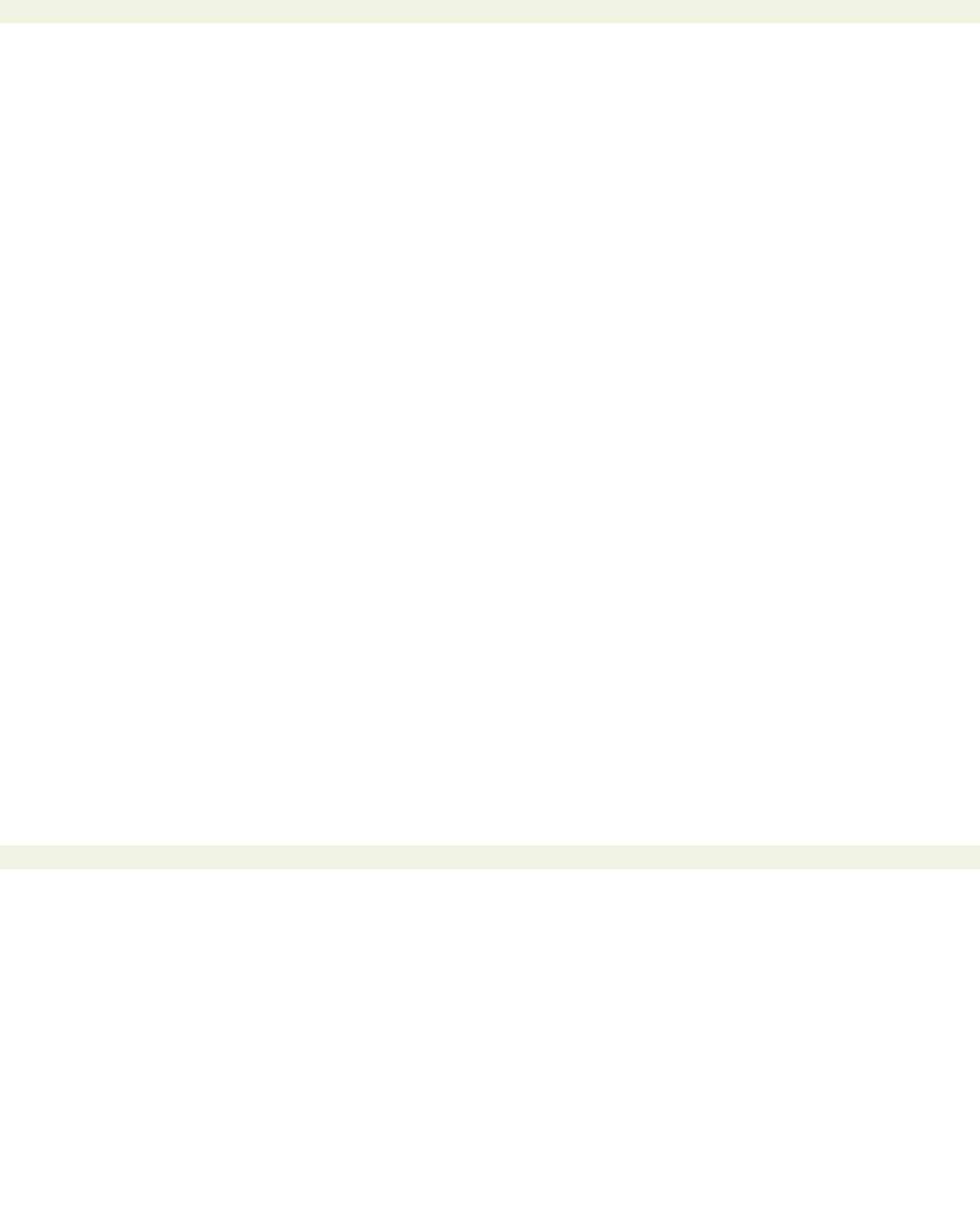
page_313
file:///C:/Users/User/AppData/Local/Temp/Rar$EX01.335/The%20War%20for%20America%20%201775-1783/files/page_313.html[1/17/2011 2:27:10 PM]
< previous page page_313 next page >
Page 313
thing would be done, and the same day Rodney's sailing orders directed him to relieve Jamaica if it were necessary.
'For God's sake', the First Lord exhorted him privately, 'go to sea without delay. You cannot conceive of what
importance it is to yourself, to me, and to the public, that you should not lose this fair wind.' He begged him not to
wait till all the Channel ships were fully provisioned and every frigate ready. Two frigates which arrived from
Quebec, with sails and rigging much worn, and leaky decks and upper works, were thrown into the force for
Gibraltar without a refit. 'I must once more repeat to you', Sandwich wrote again, 'that any delay in your sailing
will have the most disagreeable consequences.'1
But out at Spithead there was still much to do. Ten ships were still short of provisions, and moderate weather was
needed to victual them, while the frigates from Quebec had to complete their provisions from ships not under
sailing orders. On the 11th it was blowing hard from the south-west: 'Ministers and merchants are eager to have me
gone,' wrote Rodney, 'but I cannot command the seasons.' Still delays continued. But at last, three days from the
end of the year, the vast fleet put to sea. Twenty-two sail of the line and thirty-nine victuallers and storeships were
dropping down the Channel with the trade. The New Year was to dawn on the first naval successes of the war,
seeming to herald the approach of victory in America.2
4
Pressure on Spain
Rodney's expedition had been assembled in an atmosphere of haste and alarm; but before it put to sea the dangers
were beginning to dissolve. The great French reinforcement for the West Indies had not materialised; and in the
Western Atlantic the alarm caused by d'Estaing's descent on the American coast had been dissipated. His repulse at
Savannah was now known, his fleet was believed to have been shattered in a storm on leaving the American coast,
and he had himself returned to Brest. The situation beyond the Atlantic was therefore stabilised. In the Leeward
Islands Hyde Parker, with sixteen sail of the line, enjoyed an overwhelming superiority as a result of d'Estaing's
departure, and could well spare some help for Jamaica if it was needed; and Rodney's reinforcement was on its way
in advance of anything which might be sent out from Brest.3
In this happier atmosphere the Cabinet's ideas expanded. The news from
1 Mundy, I, 2056; Adm. 2/1336, 8 Dec.; G 2876; WO 34/122, f. 26; CO 137/75, ff. 206, 217.
2 G 2873; Mundy, I, 209; Adm. 2/108, pp. 1013.
3 CL, Germain, 12 Dec. to Admiralty, and 17 Dec., deposition of prisoner; Add. MSS. 38212, f. 297; G 2883,
2885, 2887.
< previous page page_313 next page >
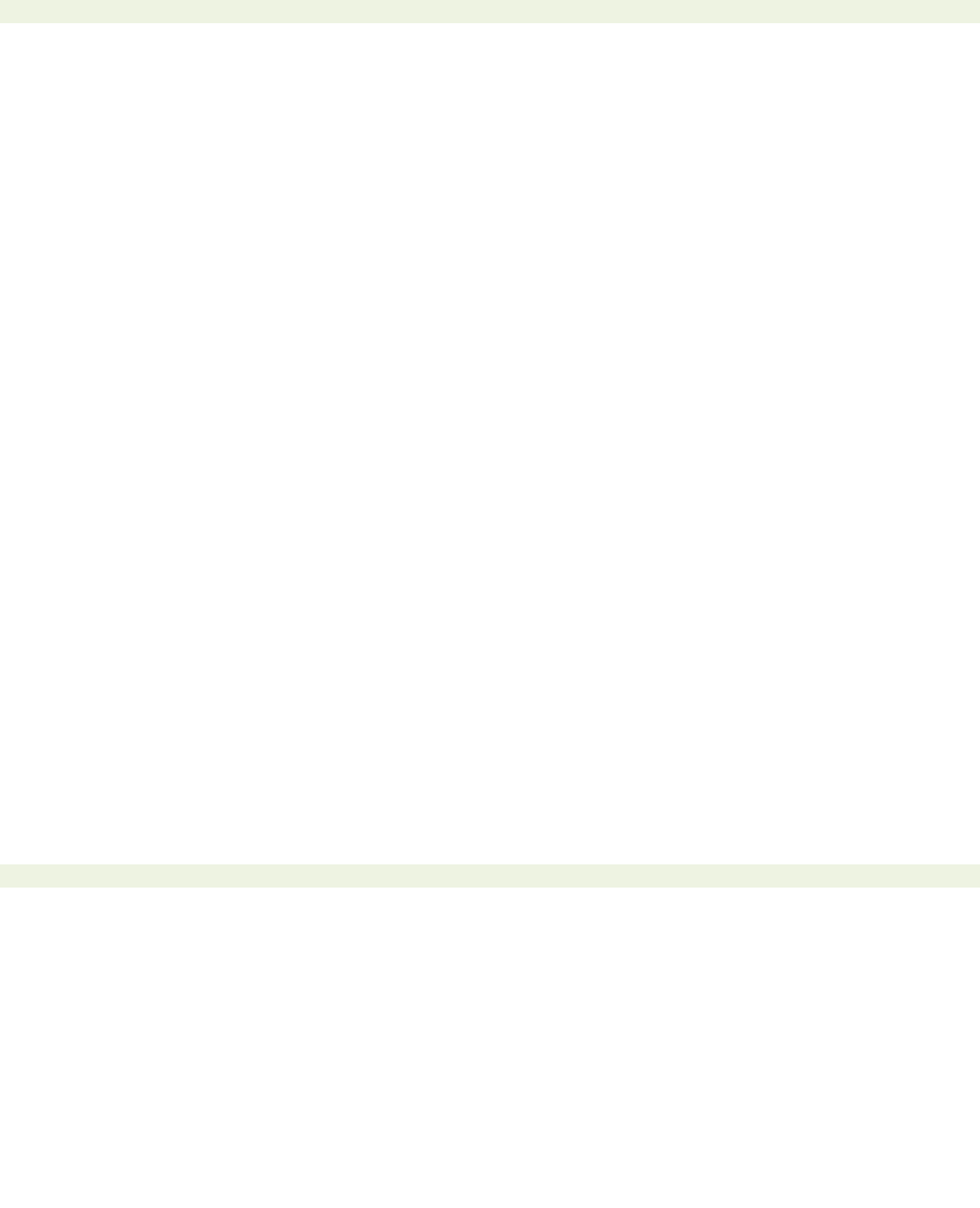
page_314
file:///C:/Users/User/AppData/Local/Temp/Rar$EX01.335/The%20War%20for%20America%20%201775-1783/files/page_314.html[1/17/2011 2:27:10 PM]
< previous page page_314 next page >
Page 314
Savannah arrived on 20 December; and on Christmas Eve a full Cabinet not only confirmed the existing
arrangement to send 5,000 troops to the Leeward Islands, but resolved to launch a new undertaking: 3,000
additional men with landing craft should be sent to Jamaica to attack the Spanish Main.1
This decision is often treated as a senseless dispersion of effort at a moment when England was hard pressed
throughout the world; and it is true that it made the reinforcement of Canada impossible and threw the burden of
aiding Haldimand on to the tautly stretched army of Clinton.2 Yet to understand the Jamaican project one must
look beyond the needs of particular theatres to the total picture of England's predicament: a perspective suggested
by Knox's October memorandum on the need for peace with Spain. Dominating England's strategic freedom was
her friendlessness. 'England till this time', said Sandwich, 'was never engaged in a war with the House of Bourbon
thoroughly united, their naval forces unbroken, and having no other war or object to draw off their attention and
resources. We unfortunately have an additional war upon our hands which essentially drains our finances, and
employs a very considerable part of our navy and army: we have no friend or ally to assist us. . . .'3 Even Holland,
the once staunch ally, had evaded her treaty obligation to help and was carrying the enemy's supplies. A quarrel
over her rights as a neutral was coming to a head.
Germain was very conscious of the situation. He had written during the summer of the need for a quick victory in
America, to release the country's resources against its European enemies. To North's enquiry about diplomatic
policy he had replied that we need not despair of alliances, but must go out and seek them: they would not fall into
the country's lap.4 On the following day, September 14th, Lord Weymouth had written to urge the minister in St
Petersburg, James Harris, to spare no effort to draw Russia into an alliance. This letter crossed one from Harris
suggesting that a formal proposal should be sent to the Tsarina in King George's own hand. This reached the
Northern Department in October, about the time when Stormont succeeded Weymouth. Stormont began a vigorous
search for friends, and was soon in negotiation with Russia, authorising Harris to pursue an alliance, or, if
Catherine preferred it, an armed mediation in Britain's favour.5 At the same time a substantial effort, both military
and diplomatic, was turned against Spain, the weaker partner in the Bourbon alliance. For as long as the Spanish
navy was hostile, England was unlikely to achieve the superiority at sea on which the defence of her colonies and
the waging of an aggressive war must depend.
1 G 2896.
2 CL, Germain, 20 Jan. 1780 to Clinton.
3 G 2776.
4 Sackville, II, 136, 141.
5 Madariaga, 1214.
< previous page page_314 next page >
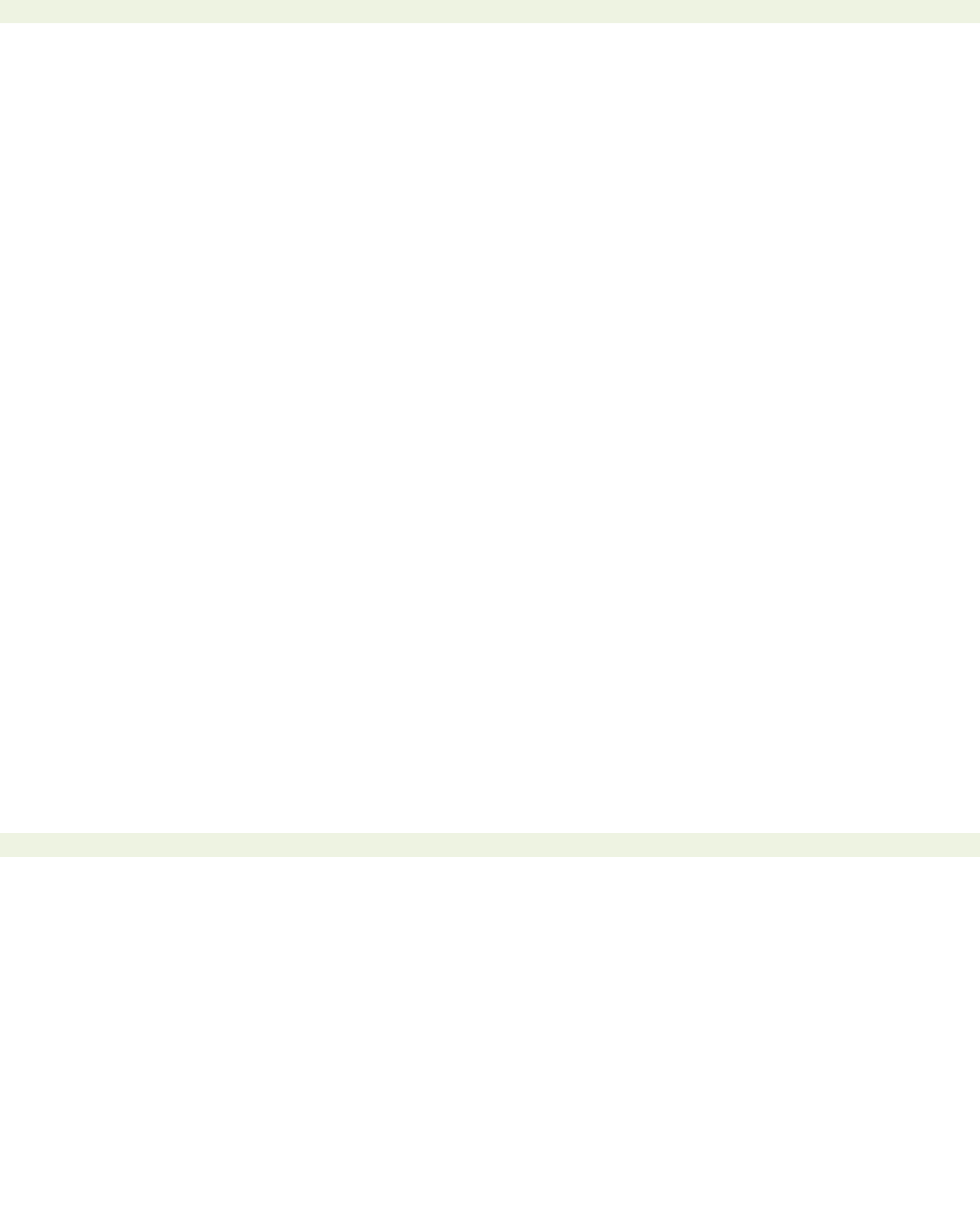
page_315
file:///C:/Users/User/AppData/Local/Temp/Rar$EX01.335/The%20War%20for%20America%20%201775-1783/files/page_315.html[1/17/2011 2:27:11 PM]
< previous page page_315 next page >
Page 315
In November the first steps were taken to open a negotiation. Extreme caution was needed, both to conceal it from
the French and for reasons of prestige and internal policy. The Spanish manner of entering the war made it
impossible for the British government to make the first official overture; and the certainty that Spain would raise
the subject of Gibraltar made it essential that the Ministry should not be embarrassed by a premature disclosure in
England. The first feelers had to be secret, unofficial and easy to disown. In the course of November the Prime
Minister and the Secretaries of State were seeking some safe channel through which to sound the Spanish
government; and the matter was not put through the Cabinet.
One feeler was put out by the new Secretary for the Southern Department. The King of Naples was the son of
Charles III of Spain; and Lord Hills-borough approached his Minister in London with an assurance that England
would welcome overtures for peace provided that they made no reference to the rebellious colonies.1 He covered
himself by saying that he spoke as a private person and not as a Minister. About the same time Commodore
Johnstone was steering for the Tagus with a small squadron to cruise on the coast of Portugal. He was a politician
with little sea experience; but he had been used in a diplomatic role with the Carlisle Peace Commission in
America. On reaching Lisbon he made contact with a Portuguese merchant named Cantofer who was acquainted
with Floridablanca. He claimed that he had conferred with North before his departure; that both North and the King
desired a separate peace with Spain; and that they were willing to pay for it with Gibraltar. For Spanish help
against the American rebels they would throw in Florida and a share of Newfoundland fisheries. Johnstone went so
far as to write out a letter of introduction to North, which Cantofer could use if Floridablanca sent him to London.
He was disowned when the British government established another channel of communication; yet he had envoy's
pay and permission to live on shore at Lisbon,2 and his conversations with Cantofer resemble so closely the means
actually established as to suggest that all these overtures were part of a deliberate search for an opening.3
1 Bemis, Hussey-Cumberland Mission, 18. This is the fullest study of the negotiations. See also, however,
Coxe, The Kings of Spain of the House of Bourbon, especially for a valuable note by Richard Cumberland
which is not used elsewhere.
2 Lord Herbert (ed.), Henry, Elizabeth and George, 183.
3 For the Johnstone overture see Bemis, op. cit., Chap. III; Rutherford (Mariner's Mirror, 1942, p. 196).
Shortly before formal negotiations were opened in April, 1780, another feeler was put out by Sir John
Dalrymple, who had been called to Lisbon in October by 'family distress'. It was not treated seriously by
Floridablanca; nor is it clear what the British government could hope to gain by it. Only two things suggest that
Dalrymple may have been put up to it: his unexplained passport to Madrid, and the fact that he was in touch
with Germain about a privateering venture (for which see Chap. XXI).
< previous page page_315 next page >
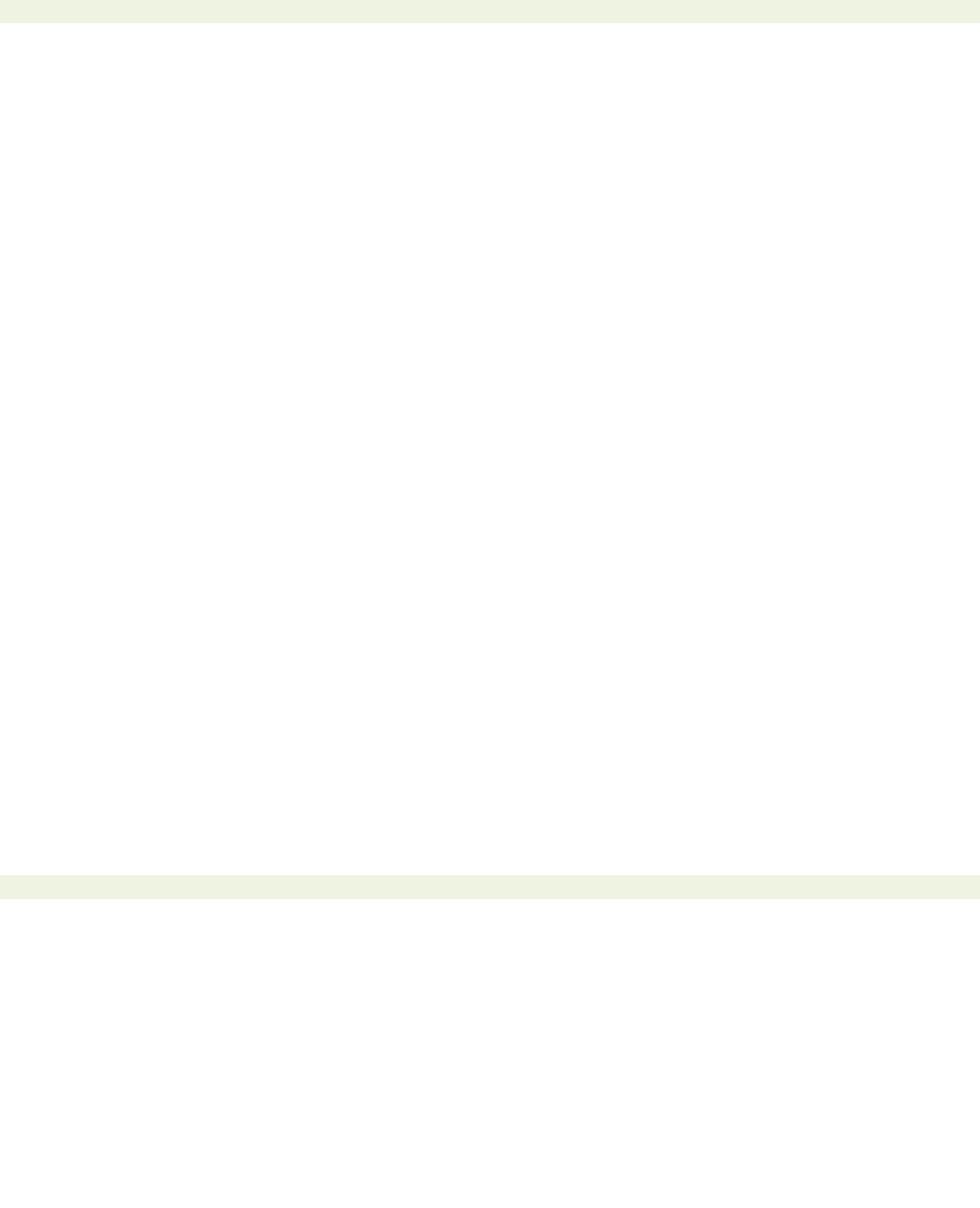
page_316
file:///C:/Users/User/AppData/Local/Temp/Rar$EX01.335/The%20War%20for%20America%20%201775-1783/files/page_316.html[1/17/2011 2:27:11 PM]
< previous page page_316 next page >
Page 316
The channel used in the end was opened by Germain a day or two before Hillsborough dropped his hint to the
Neapolitan Minister. The agent was an Irish priest named Hussey, who had been chaplain to the Spanish embassy
in London. Which party took the initiative is uncertain. Hussey told Floridablanca that the subject was opened by
Germain when he visited the American Department on behalf of some interned priests; but the British reports of his
conversation suggest that it was Hussey who had dropped the first hints. This is not impossible, for he was an
energetic and politically-minded priest on his way to a mitre, and his statement to the contrary may have been no
more than an attempt to conceal his presumption from his Spanish masters. Yet this is not the end of the question.
For Hussey was a known intelligence agent of the Spanish government, and since the departure of the ambassador
he had been fed with military intelligence by a counter-spy in communication with Germain. There is a possibility
that even if Hussey was induced to make the first move, the British had intended him to do so.1
In December Hussey travelled to Madrid, equipped with an unofficial letter from Germain assuring him that a
formal overture would be welcomed. Richard Cumberland, the Secretary of the Board of Trade and a personal
friend of Germain, had handled the preliminary talks with Hussey in November, and had received a strong
impression from him that Spain dreaded attacks on her colonies in the coming year; and Hussey was accordingly
furnished with a strong hint that the Spanish colonies were indeed to be assailed.2 On 17 December, soon after his
departure, a despatch from Jamaica announced the first success against the Spanish Main, the capture of Omoa;
and three days
1 Bemis, op. cit., 19, n. 11; Sackville, I, 3236. The origins of the negotiation remain obscure. Cumberland's
account to Shelburne in May 1782 (in the British Museum: kindly communicated to me by Father J. S.
Benedict Cullen) is as follows. Floridablanca had had no confidence in the Spanish Ambassador,
Almadovar, and had maintained confidential communications with Hussey. When war broke out Hussey
returned to England (as Superintending Priest for the Spanish prisoners according to the Spanish archives,
though he told Cumberland his sole object was to purchase astronomical instruments). He remained in
communication with Madrid as their intelligence agent, of which Cumberland was kept informed by
William Wardlaw, a British agent. Wardlaw reported that Hussey talked much of his desire to see peace re-
established, and Germain agreed that he should be sounded about this. Hussey accepted the invitation and
opened himself on the subject, making the condition that their conversations should be kept secret from the
rest of the Cabinet.
Thus the first move would appear to have come from the British side. But there is a doubtful circumstance:
Wardlaw was a double spy, employed and paid by the Spaniards and known to them as acquainted with
Germain. So it remains possible that Hussey paved the way for the conversations: Cumberland (Sackville, I,
328) believed that he was acting for the Spanish Court.
2 Sackville, I, 327, 331; memoranda by Hussey in the Spanish archives, communicated by Fr. Cullen.
< previous page page_316 next page >
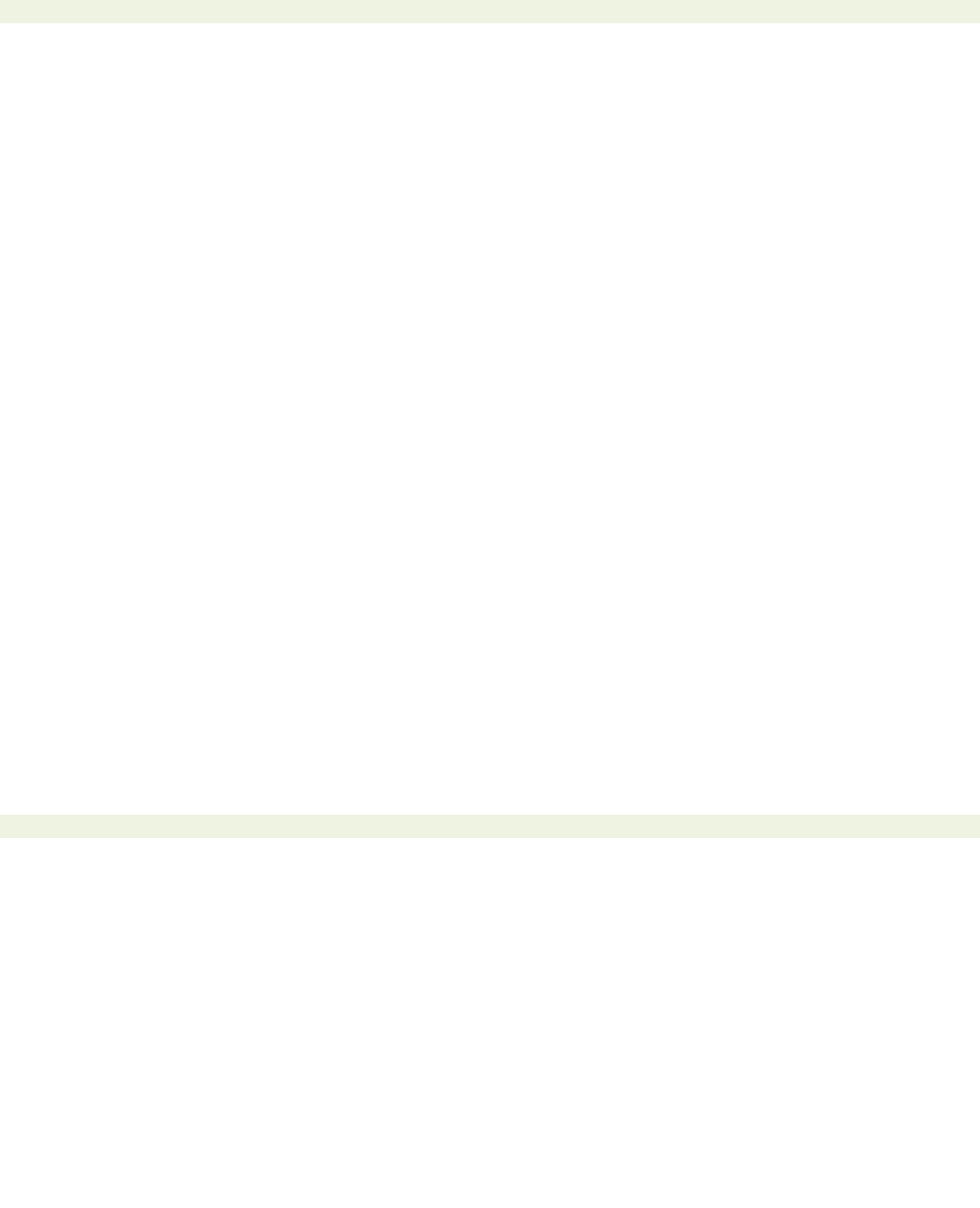
page_317
file:///C:/Users/User/AppData/Local/Temp/Rar$EX01.335/The%20War%20for%20America%20%201775-1783/files/page_317.html[1/17/2011 2:27:12 PM]
< previous page page_317 next page >
Page 317
later came the news of the French repulse at Savannah. It was suggested that d'Estaing's failure might drive a
wedge of misunderstanding between the rebels and their French allies; and if Rodney should succeed in relieving
Gibraltar, the Spaniards might lose heart. Omoa and Savannah together must have led directly to the decision on
Christmas Eve to mount the Jamaica expedition. Germain had always wanted to make Jamaica 'a thorn in the side
of Spain', and on learning that Omoa was to be attacked he had hurried off small arms and Indian presents on
board Rodney's convoy, without delaying to ship them in an ordnance transport. Its capture was the opening for
which he had hoped when he first ordered the Governor of Jamaica to harass the Spanish Main. Troops, landing
craft and gunboats should pour like an expanding torrent into the breach.1
The only opposition came where it might have been expected. Amherst characteristically approved of the object,
but maintained that the troops could not be spared from home defence. In cutting down the draft of recruits for
Jamaica a few weeks earlier, he had said that if ten times as many recruits had been available they would still have
been needed to fill the regiments at home; and if he grudged a few recruits, how much more did he grudge
complete and serviceable regiments. The new levies at home were not complete, and three battalions which were
most ready for the expedition were earmarked for home defence. Once again Amherst's dual position was pulling
him in two directions. The Cabinet hesitated to override his professional advice; but they feared the exhaustion of a
prolonged defensive war, and carried the dispute to the King. George III supported them; and a few days later at
Germain's instigation he exercised his prerogative as Captain-General to overrule Amherst and release the troops
for Jamaica. On 7 January Brigadier-General Garth and four regiments were warned to prepare for embarkation.2
Garth's battalions and the one already despatched added a total reinforcement of five battalions to the two and a
half already in Jamaica:3 a strong shield, or a formidable striking force. Germain wrote variously of making
Jamaica safe, dividing the Spaniards' attention, and alarming them for their own possessions: after the stroke on the
Spanish Main, an assault on New Orleans.4 This succession of blows following on the relief of Gibraltar should
strengthen the British hand at Madrid. Knox had contemplated bartering West Florida and the Mosquito shore for a
separate peace: what if instead we
1 G 2886, 2890; CO 137/75, ff. 1167, 206, 226.
2 Knox, 163; WO 34/122, ff. 823; G 2896, 2898; WO 34/232, pp. 97, 31314.
3 Already in Jamaica: one battalion 60th, 79th, Dalrymple's (Loyal Irish). Despatched Nov.: 88th. Despatched
Jan.: 85th, 92nd, 93rd, 94th.
4 CL, Germain, 4 Jan. to Vaughan; Sackville, II, 283; Knox, 164; Adm. 2/1337, f. 45.
< previous page page_317 next page >
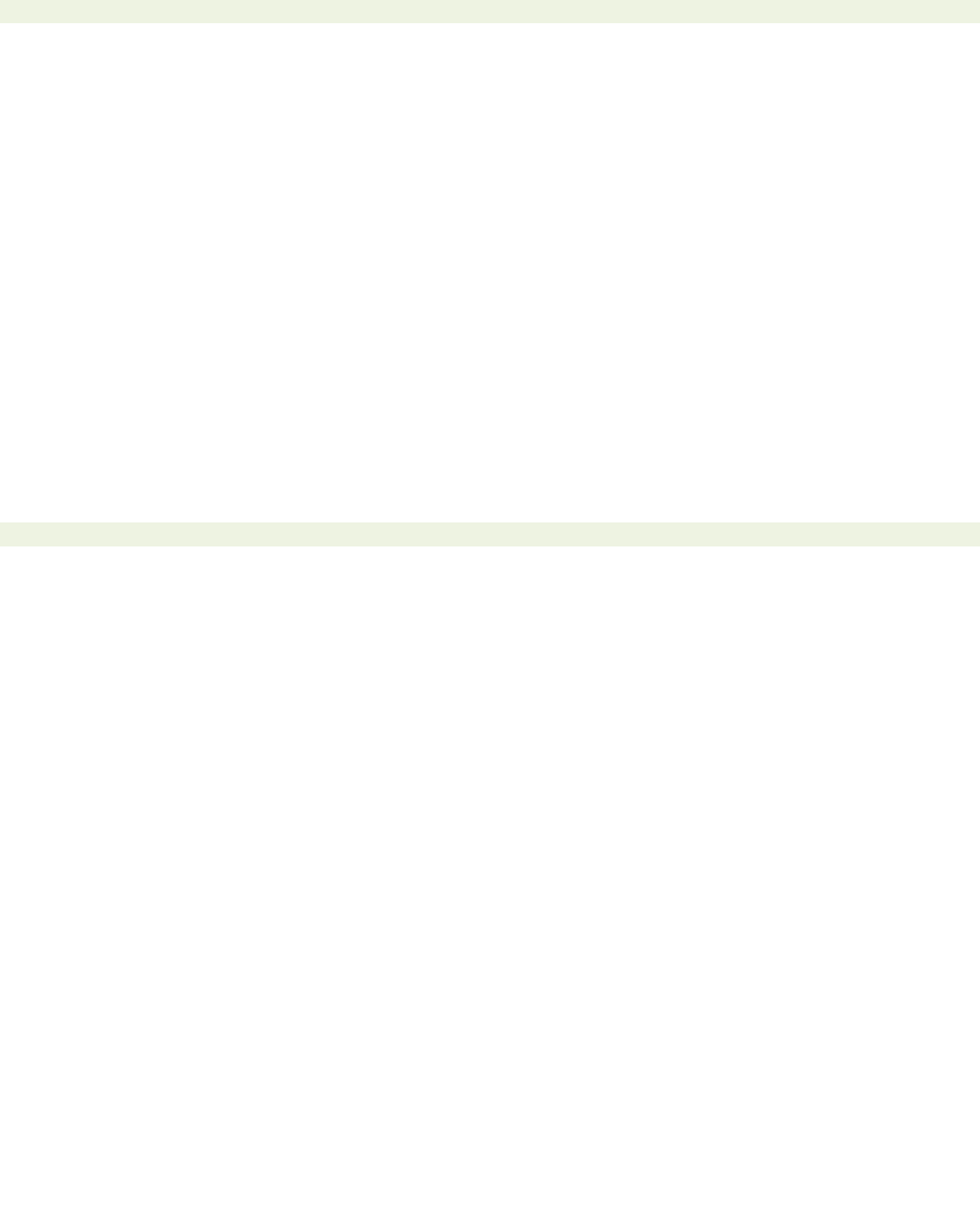
page_318
file:///C:/Users/User/AppData/Local/Temp/Rar$EX01.335/The%20War%20for%20America%20%201775-1783/files/page_318.html[1/17/2011 2:27:12 PM]
< previous page page_318 next page >
Page 318
overran New Orleans and the whole Nicaraguan isthmus? Spain, incapable of defending her own possessions,
could scarcely pretend to Gibraltar.
Yet the question remains: of what value were the malarial swamps and forests of Nicaragua compared with
Gibraltar? The answer was a base in the Pacific. The Spanish Main had lured the English since the days of Drake;
but the prize was no longer the gold of El Dorado, but the trade of the Spanish colonies and the markets of the
opening Pacific. For this England had tried ten years earlier to gain a base in the Falkland Islands on the Cape
Horn route, and had been frustrated by Spain. The Central American isthmus is to the Falkland Islands what Suez
is to the Cape of Good Hope: a short route to the Eastern Seas. On the Pacific coast near Lake Nicaragua there was
a good anchorage at Realejo which could be supplied with stores from the West Indies; and it was reckoned that a
force from Jamaica could reach it in thirty days to attack the Spanish possessions on the western coast of America.
Anson had believed that with such a base a fleet could be maintained in the Pacific, and would be a match for
nearly double its own number coming round the Horn.1
1 For the numerous papers connected with the Central American project, see Sackville, II, 1538, 2823; WO
34/112, f. 50; WO 34/116, f. 77; CL, Germain, Vol. 17, Nos 11, 17, 18, 36; ibid., III. Suppl.; ibid., 10 Dec.
1779, Robert White to de Grey; CL, Shelburne, Vol. 86, No 176; Dalrymple, Memoirs of Great Britain,
Appendix, p. 32; CO 137/77, ff. 20, 113. As late as 1837 a pamphlet by Henry Fairbairn argued the
superiority of the Gulf of Mexico route over the proposed Suez route to the east.
< previous page page_318 next page >
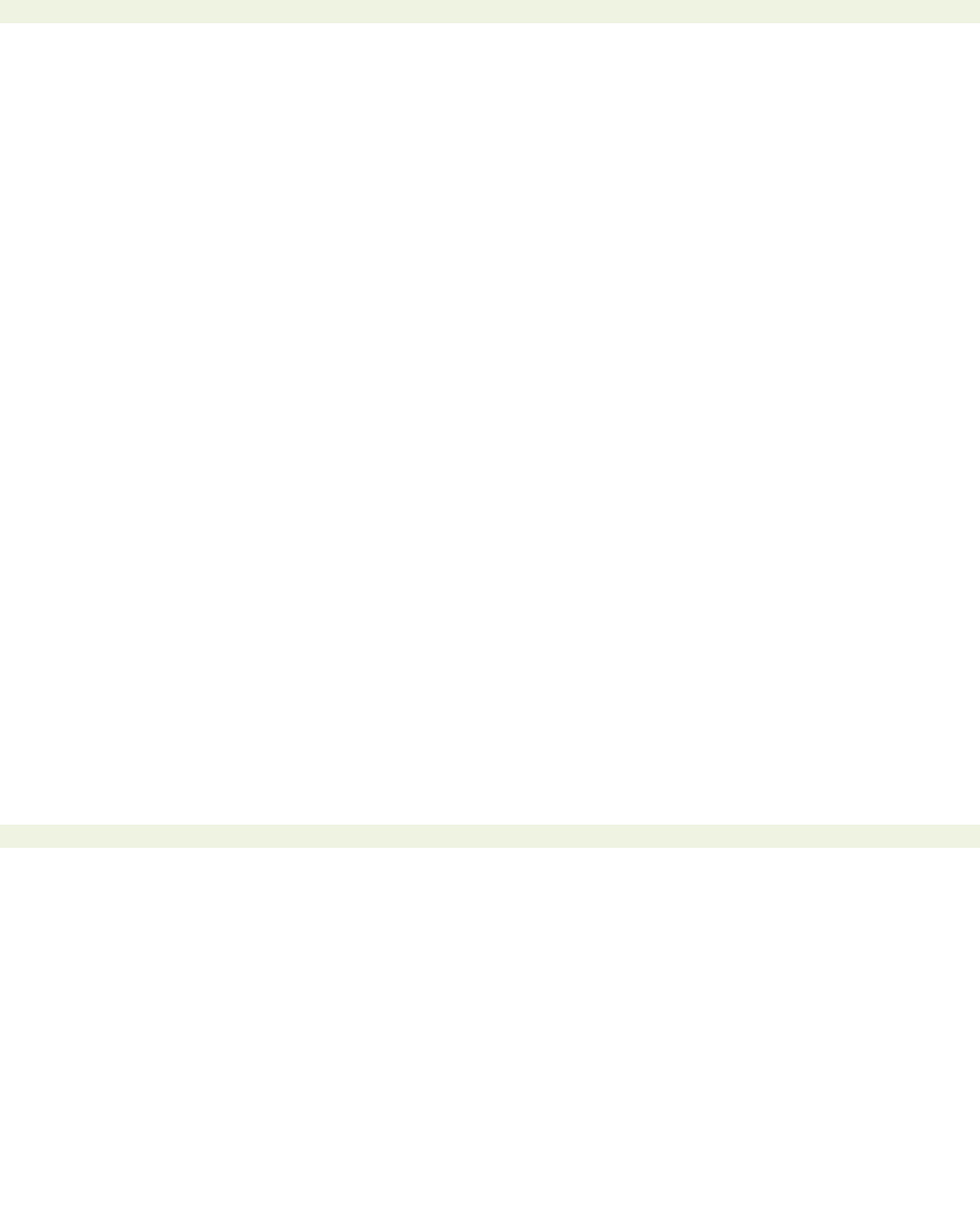
page_319
file:///C:/Users/User/AppData/Local/Temp/Rar$EX01.335/The%20War%20for%20America%20%201775-1783/files/page_319.html[1/17/2011 2:27:13 PM]
< previous page page_319 next page >
Page 319
Chapter XVIII
The Loss of the Initiative
1
Admiral Rodney
One's view of Sir George Rodney depended on whether one was a politician or a seaman, a creditor or a friend. He
was a sociable man. Women and play were his pastimes; and his elegant, slightly effeminate presence was well-
known at the dinner table, voluble and indiscreet. Like Wolfe he fought his future battles over the mahogany,
always returning to his favourite subject, which was Sir George Rodney. The politicians saw him in a different
light. He had been in Parliament and might be again, so he had power to be useful; but he had many enemies, and
was widely distrusted on account of his financial embarrassments and his freedom with public funds.
Rodney had run into unexpected troubles when he returned from the Jamaican command in 1774. Expensive habits
and a parliamentary election had run up large debts; and his immunity from his creditors as a Member of
Parliament suddenly ceased when Parliament was dissolved a year before it had run its course.1 Scarcely had he
set foot on shore when he had to fly the country. His refuge was Paris; and in due course his half-pay and his pay
as Rear-Admiral of Great Britain should have enabled him to clear his debts. But he was hampered by his conduct
in Jamaica. He had spent public money with a lavish contempt for rules, seeking no estimates before work was
commissioned, and meeting bills by drawing irregularly on Navy Board officials.2 It was a happy moment for the
Board. They had always resented his off-hand manner, and his pay was withheld till he should account for his
expenditure, clear the imprest against him, and satisfy the other claimants to his emoluments. He could not come
home to dispute his rights in person; for if his English creditors would have let him, the fresh creditors who sprang
up in Paris would not. His wife came over in 1776 to lobby North and Sandwich to employ him; and it was
rumoured that she was also instructed to open a subscription at White's to pay his gaming debts. Neither attempt
succeeded. 'If Sir George will consider the thing impartially', Lord Sandwich told her, 'he will see that, though his
merit as a sea officer is undeniable, there are reasons that make it impossible for me to prevail on His Majesty to
appoint him to the command of a foreign station . . . as a man in office,
1 This and much of what follows I have learnt from Mr David Spinney.
2 Adm. 2/549, pp. 3, 61, 76.
< previous page page_319 next page >
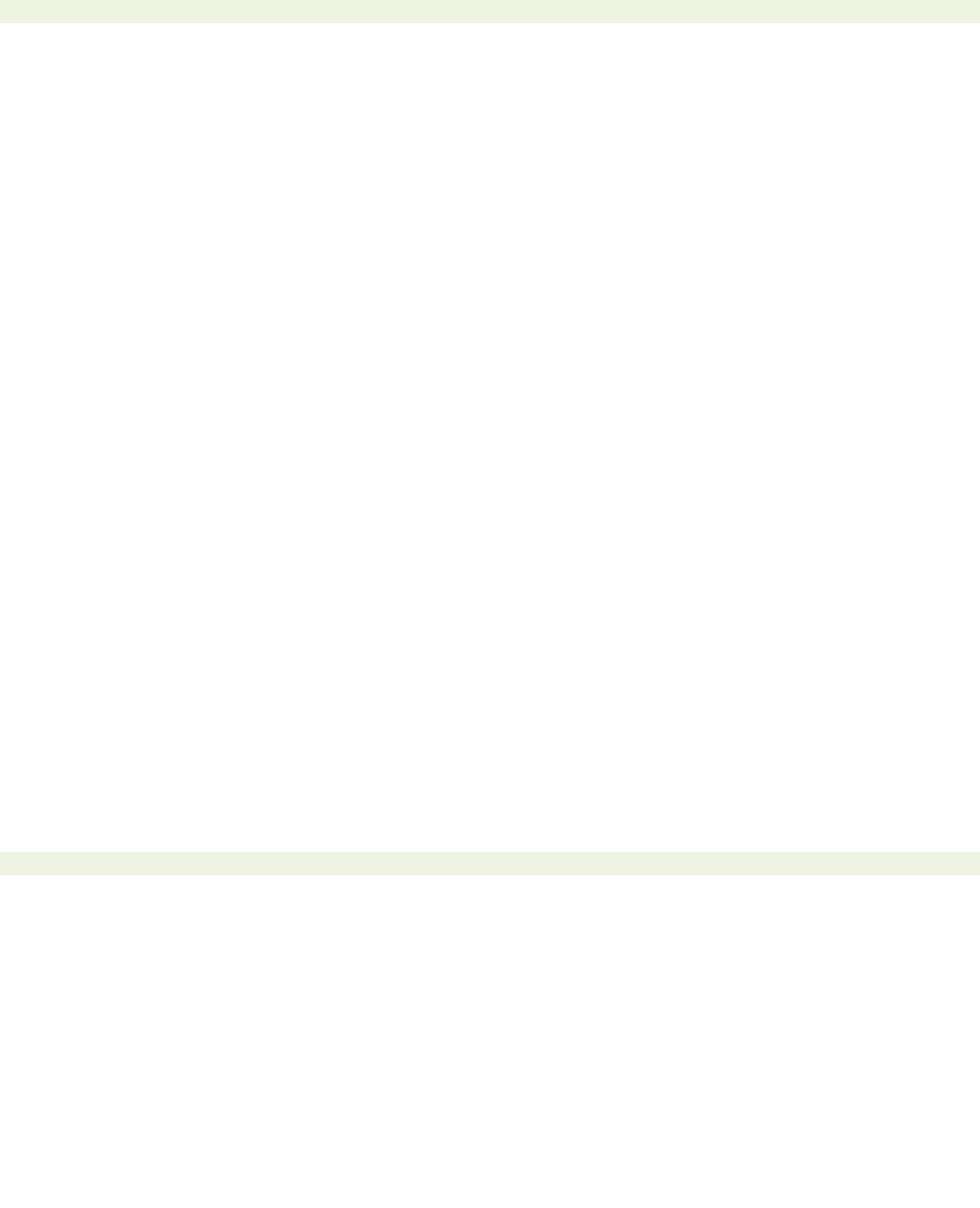
page_320
file:///C:/Users/User/AppData/Local/Temp/Rar$EX01.335/The%20War%20for%20America%20%201775-1783/files/page_320.html[1/17/2011 2:27:13 PM]
< previous page page_320 next page >
Page 320
your husband has deprived me of the power of being useful to him.' With his affairs in such confusion, he could
not be employed in a position of trust. But Sandwich always intended to use him when it became possible. He was
an old friend and protector of the Admiral, though Rodney's frustrated solicitations strained their relations severely;
and at the end of 1777 he promised to join with other friends in obtaining an income for him from the government
till his affairs were straight enough to let him serve.1
When England broke with France in March 1778 and recalled her ambassador, Rodney was still in pawn to his
Paris creditors. But in May he bought his freedom with a loan from old Marshal Biron; and after a few days spent
in taking leave of Paris society, he reached England before the first shots were fired. But no employment came. His
private affairs were still in confusion, and another year passed before he was considered fit to serve. Why he was
offered the Leeward Islands command is not certain. Rodney himself put it about that he owed it to the King. This
was probably no more than an attempt to deprive the First Lord of the credit, for we find Sandwich going out of his
way to assure the uneasy George III that Rodney would have no opportunity to relieve his indigence by
mishandling stores. Rodney separately assured both Sandwich and Germain that he was in their debt alone.
Sandwich indeed claimed the credit after Rodney's first successes; but it is possible that Germain is the true
claimant. Rodney had cultivated his friendship when he became American Secretary; and Germain's support of the
proposal to bombard le Havre is only one of many references to his high opinion of the Admiral.2 Richard
Cumberland claimed in his Memoirs that it was he who brought Rodney's claim to serve before Germain, and that
Germain got him the command.3
Rodney's appointment raised a clamour from the West India merchants, who knew all too much of him, and there
was a movement among them to apply for Palliser instead. Not everyone believed like Sandwich that Rodney
would be unable to raid the public till. Gregson, the Navy Board clerk, was characteristically a sceptic. He told
Lord Shelburne that Rodney's secretary was a notorious scoundrel. 'The appointment of these two vultures is a
proof of the vile influence that still reigns, and I doubt not but a certain Lord is to have a share in the plunder.'4
Rodney's first care was for his family. He immediately entered his four-
1 Sandwich, I, 135; Williams Transcripts, 1 Oct. 1776, Sandwich to Lady Rodney, and 1 Dec. 1777,
Rodney to Sandwich; information from Mr Spinney.
2 See above, p. 287; and Knox, 1678.
3 Sackville, II, 19, 1723; Sandwich, III, 2056, 213, 2223; Cumberland, Memoirs, 2923; G 2782; Knox, 162;
information from Mr Spinney.
4 Sandwich, III, 155; CL, Shelburne, Vol. 146, No. 151.
< previous page page_320 next page >
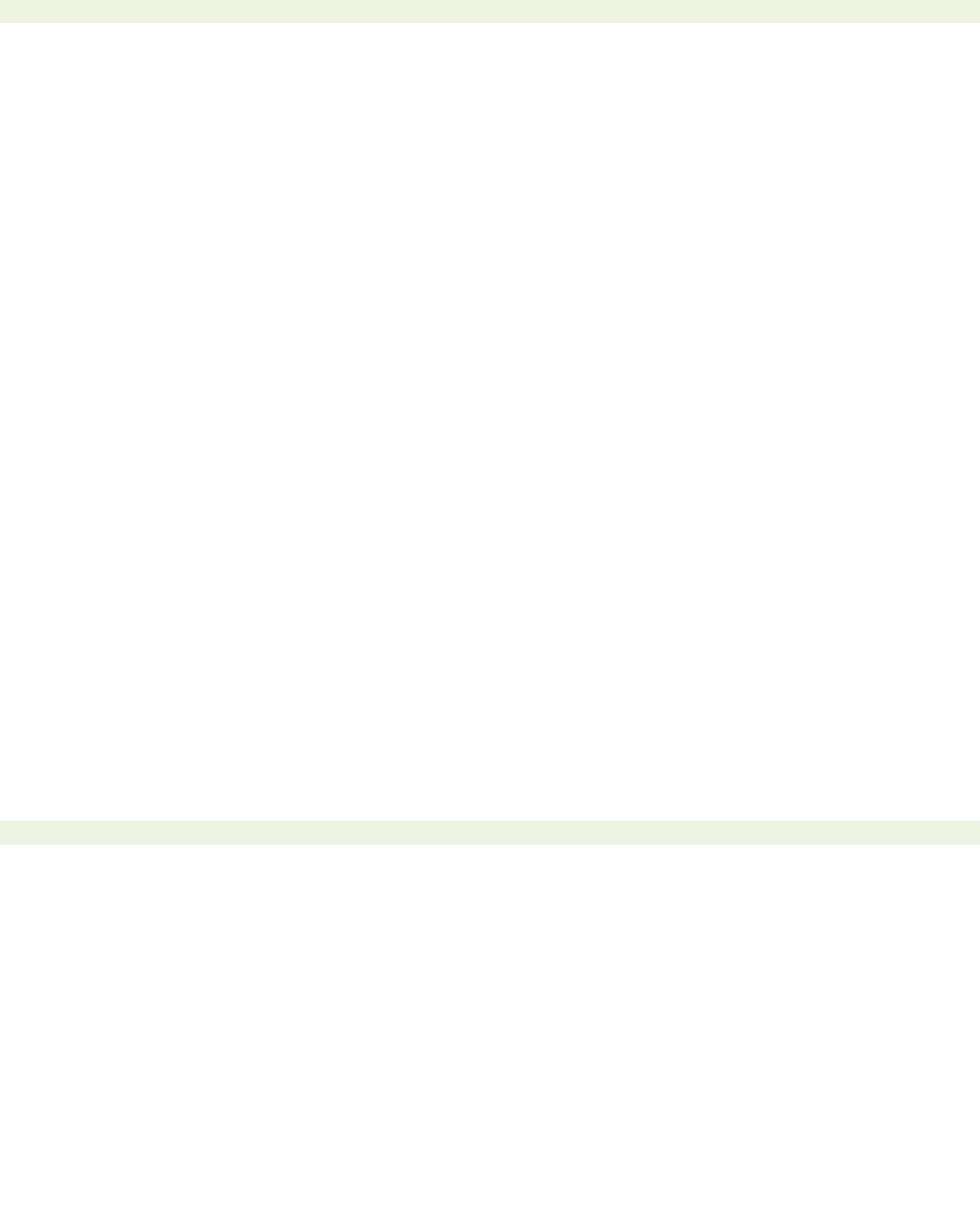
page_321
file:///C:/Users/User/AppData/Local/Temp/Rar$EX01.335/The%20War%20for%20America%20%201775-1783/files/page_321.html[1/17/2011 2:27:13 PM]
< previous page page_321 next page >
Page 321
teen-year-old son on board his flagship. In 1780 he appointed him commander of one ship, and on the same day
promoted him captain in another. He had a quid pro quo to offer Sandwich. The First Lord was being tormented to
promote a 'young man of fashion' for whom he could do nothing at home. This was Lord Robert Manners, a youth
of the Rutland clan, whose pretensions illustrate the pressure to which Sandwich sometimes capitulated. In 1775
Sandwich had refused to make him a lieutenant in defiance of regulations. Manners had now achieved his
lieutenancy; and as Rodney's fleet assembled he wrote bitterly complaining of Sandwich's neglect to promote him
captain. 'It is trifling too much with one of the first families in the Kingdom. I hope to God some time or other to
have it in my power to show my displeasure.' Sandwich begged Rodney to 'do something' for the youth, and
Rodney was game. Eighteen months later he offered to promote any officer whom Amherst cared to name, asking
at the same time for a company in the Guards for one of his sons; and on the present occasion he had no difficulty
in obliging Sandwich. Though the ship in which Manners was serving played no part in Rodney's first victory, he
promptly gave him the command of a seventy-four. Manners begged the Duke of Rutland to get it confirmed: 'you
must use your whole influence to effect it; write to Keppel, to Sir John L[owther?] or Lord Mansfield
immediately'. It is easy to fall in with Middleton's indictment of Sandwich's appointments, and to forget the
ruthlessness with which the eighteenth-century nobility pursued its private interests. The real grievance of
Sandwich's enemies was not his favouritism, but his adherence to rule. Lord Robert never lived to show his
displeasure. He was mortally wounded at the battle of the Saints.1
The First Lord and Rodney took each other's measure but knew that they could use each other. Sandwich skilfully
balanced conciliation of Rodney with economy of favours; and Rodney walked a similar tightrope, flattering
Sandwich and Germain at each other's expense and indulging in a little abuse of the Ministry when he thought it
safe. His relations with his fellow-officers were based on two simple rules. If he fell out with his equals, as he
often did, he reported them as delinquents to the Admiralty; and his subordinates he kept in line with threats of
punishment. Among his captains he had few friends or none. 'My eye on my captains frightened them more than
the enemy', he boasted.
Yet Rodney ranks among the great admirals. His first asset was luck. He was never wounded throughout his long
and active career, and in the American War he timed his entries perfectly. Not for him to contend with
1 Mundy, I, 2067; Rutland, III, 3, 22, 245; WO 34/134, f. 252 (29 June 1781, Rodney to Amherst). Manners
seems to have been a conscientious officer. Mackenzie excepts him from his strictures on the naval captains
before Yorktown.
21
< previous page page_321 next page >
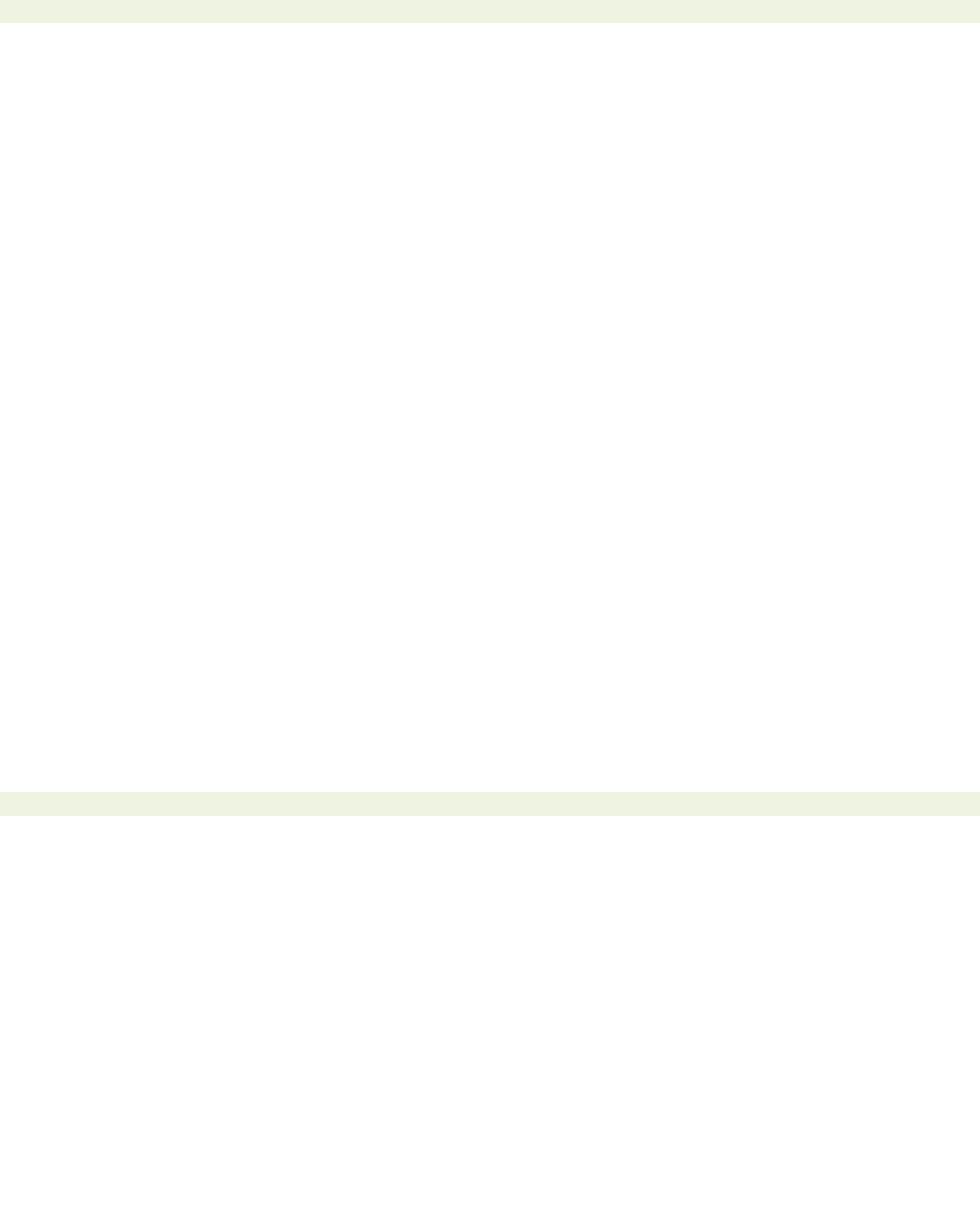
page_322
file:///C:/Users/User/AppData/Local/Temp/Rar$EX01.335/The%20War%20for%20America%20%201775-1783/files/page_322.html[1/17/2011 2:27:14 PM]
< previous page page_322 next page >
Page 322
great odds, like Howe and Hood. His first actions were fought against inferior Spanish squadrons which blundered
into him; and he twice arrived in the West Indies with a reinforcement to re-establish equilibrium when Hood had
faced a superior enemy through the winter. His health was now very bad, and he was often too ill to do his duty.
Yet with his luck he still combined an intermittent driving force, and flashes of originality; boldness, resolution,
and the suppleness which avoided quarrels with the Ministry.
2
The Relief of Gibraltar
On 4 January Rodney's great fleet had cleared the danger area. Four hundred miles west of Rochefort he slipped
the West India convoy, and proceeded with the battle fleet and the supply ships for the Mediterranean garrisons.
His luck was with him. West of Finisterre at daybreak on the 8th an enemy fleet was sighted: he had run into the
track of a supply convoy for the enemy fleet in Cadiz. The Bienfaisant came up with a Spanish fifty-four, which
struck to her; and six frigates and sixteen laden transports were overhauled and taken. The victuallers were added
to the Gibraltar convoy, the rest of the prizes detached with an escort to England; and the captured fifty-four was
renamed Prince William in compliment to Digby's midshipman.
Rodney proceeded down the coast of Portugal, speaking occasional vessels which reported a Spanish fleet off Cape
St Vincent. The convoy passed the Cape on the 16th in good order and ready for battle; and shortly before noon the
enemy was sighted. Rodney was ill in bed; but he crowded on sail, formed his fleet into line abreast, and as he
drew near hoisted the signal for a general chase. With a fresh wind and the weather gauge his coppered ships swept
down on the enemy, which were eleven of the line commanded by Don Juan de Langara.
The Spanish navy was unready to prevent the relief of Gibraltar. Numerous ships of the line were repairing in
Cadiz, and twenty-five on their way from Brest had put in to Ferrol with damage. Langara's detachment alone was
cruising to intercept Rodney, unaware that he had Digby's powerful squadron from the Channel. Langara had no
frigates scouting; and, outnumbered two to one by faster ships which took the lee gauge as they came up to prevent
his retreat, his defeat was certain. Towards five o'clock, soon after the action was joined, a Spanish seventy-gun
ship blew up. Darkness was rushing on, but Rodney pursued the enemy into the blustering night, through bright
intervals of moonlight chased by the racing clouds. At two in the morning when six ships of the line had been
taken, he ordered the fleet to bring to. The situation was much like Collingwood's on the same coast after Trafalgar.
A half gale and a heavy sea were driving the fleets towards the shoals, while
< previous page page_322 next page >
